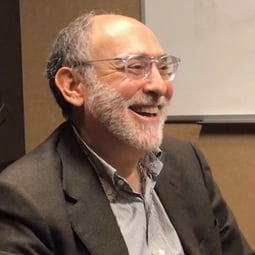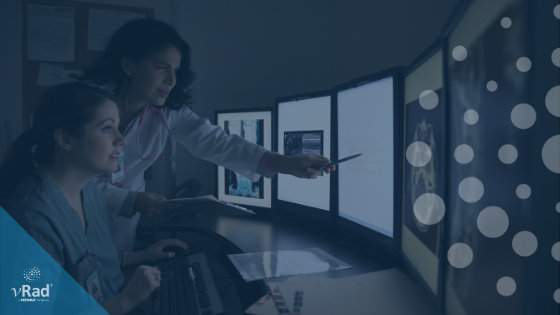Performance Initiatives Drive Improvements Despite Market Volatility and Radiologist Capacity Constraints
While workflows change to balance growing demand for imaging studies with decreasing capacity, it is essential that patient care is not compromised....










.jpg?width=1024&height=576&name=vRad-High-Quality-Patient-Care-1024x576%20(1).jpg)







%20(2).jpg?width=1008&height=755&name=Copy%20of%20Mega%20Nav%20Images%202025%20(1008%20x%20755%20px)%20(2).jpg)



 Tricia Sickmann
Tricia Sickmann
.png)



.png)